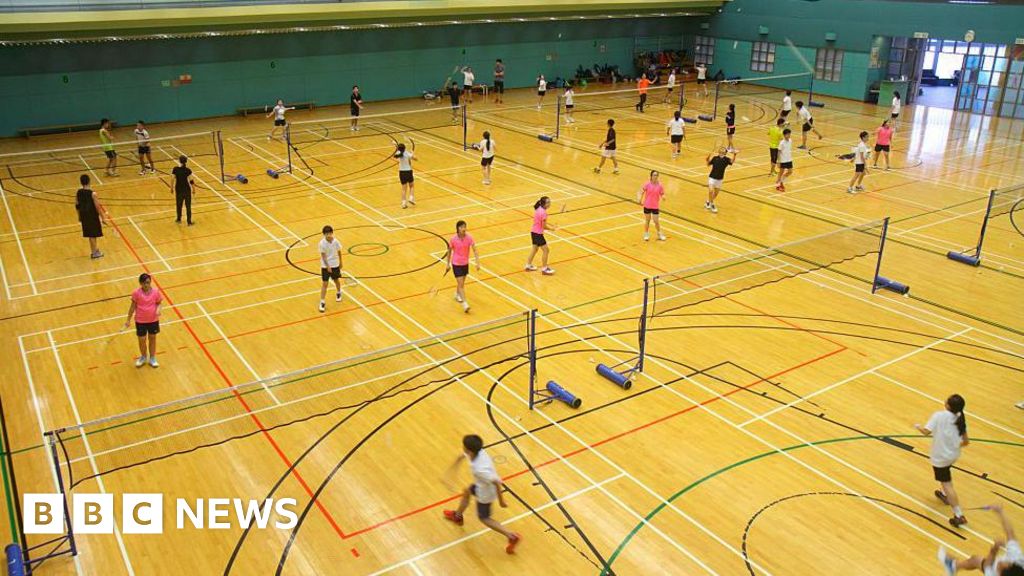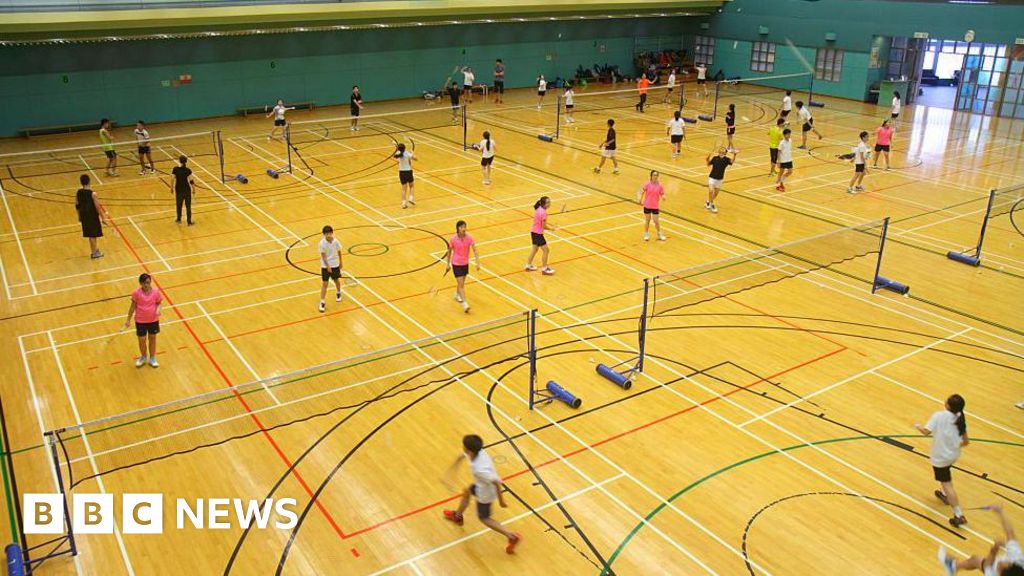
It may be an innocent enough racquet sport, but Hong Kong’s Education Bureau has unintentionally given badminton a whole new meaning.
In teaching materials it released last week, a module titled adolescents and intimate relationships for Secondary Year 3, suggested that teenagers who wanted to have sex with each other could “go out to play badminton together” instead.
The materials also include a form called “My Commitment” aimed at getting “young lovers” to attest that they would exercise “self-discipline, self-control, and resistance to pornography”.
The new materials have raised eyebrows and attracted criticism for being “out of touch”. But officials have defended the decision.
Meanwhile social media has been flooded with jokes centered around “playing badminton”.
“FWB [Friends with benefits]?? Friends with badminton,” read one comment on Instagram that had more than 1,000 likes.
“In English: Netflix and chill? In Cantonese, play badminton together?” read another Facebook post which was shared more than 500 times.
Even Olympics badminton player Tse Ying Suet could not resist from commenting.
“Everyone is making an appointment to play badminton. Is everyone really into badminton?” she asked on Threads with a smirky face emoji.
For some people it was also about the practicalities.
MP Doreen Kong said the documents showed that the education bureau did not understand young people. She specifically criticised the badminton suggestion as unrealistic.
“How could they borrow a badminton racket on the spot if it happens?” She asked.
To Thomas Tang, who is an amateur badminton player, the jokes and sudden increased interest in the sport have made it slightly embarrassing for players like him.
“In the past this was just a healthy sport, but now if you ask people to play badminton they make a lot of jokes,” he said, adding that the irony was that badminton was actually a good way for guys to meet girls.
The Education Bureau documents also told teachers that one of the objectives of the module was to help students master ways of coping with sexual fantasies and impulses, and the module was not created to encourage them to start dating or engaging in sexual behaviour.
Some suggested discussion activities in the documents include advising students to “dress appropriately to present a healthy image and to avoid visual stimulation from sexy clothing”, and “firmly refuse sex before marriage” if they are unable to cope with the “consequences of premarital sex”.
Education Secretary Christine Choi has stood firm in the face of all the criticism.
“We wish to protect the teenagers,” she said while defending the documents in an interview on Sunday, adding that it is illegal to have sex with an underage person.
She has received support from the city’s leader John Lee, who said that while there could be different opinions on education, the government plays a “leading role in determining the kind of society it aims to build”.
But to Henry Chan, a father of a 13-year-old girl and 10-year-old boy, these efforts are ridiculous.
“The Hong Kong government is always out of touch. They are making a fool of themselves,” he said.
“My wife and I will probably do that [sex education] ourselves. That’s not something I would count on schools and the government to do.”



